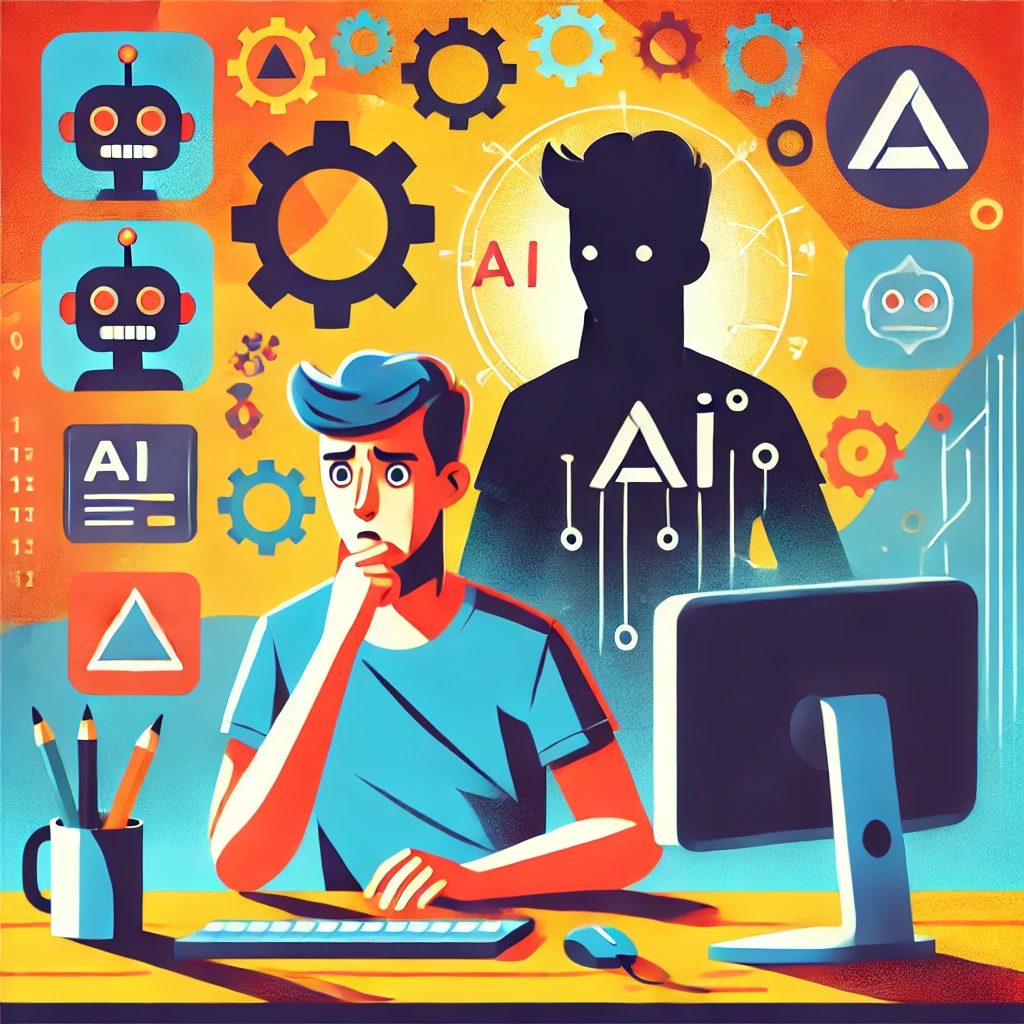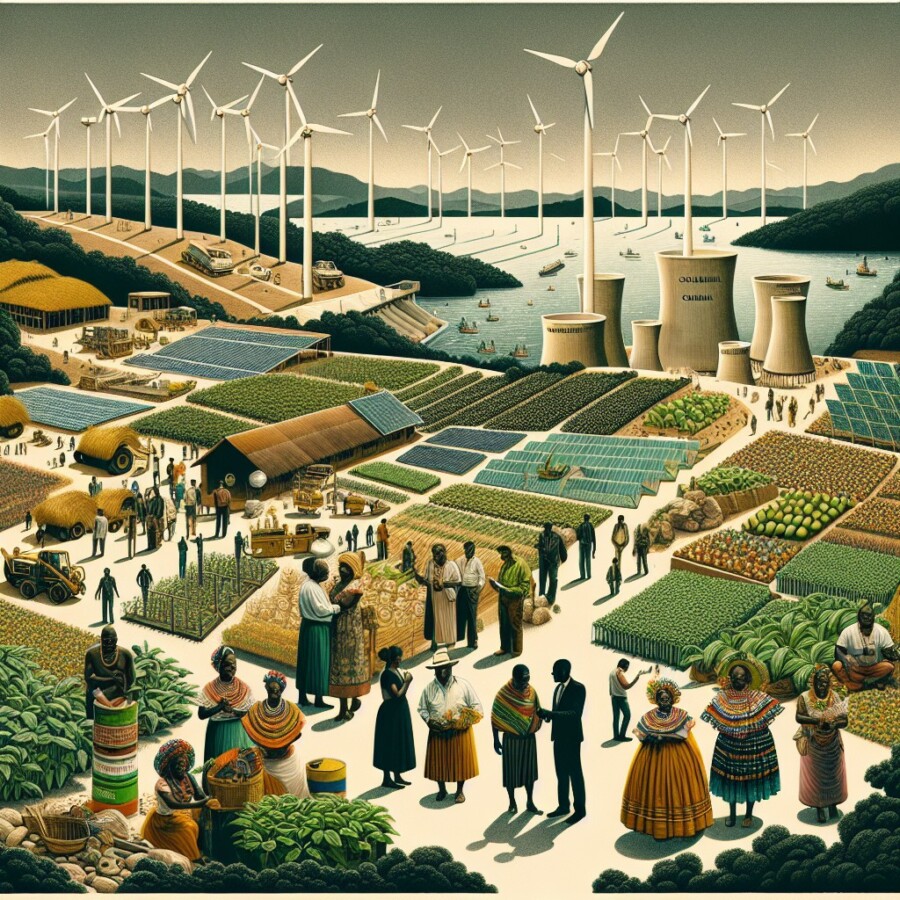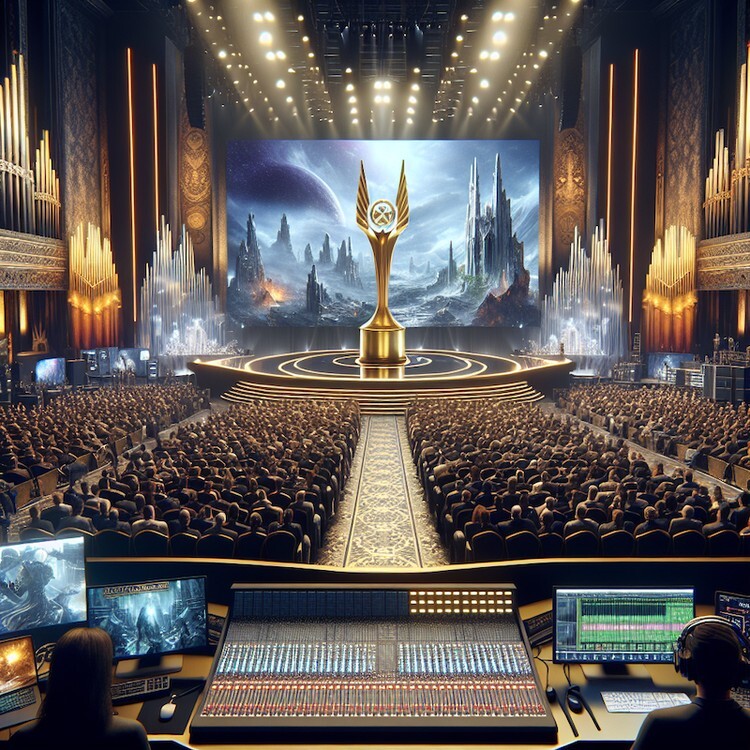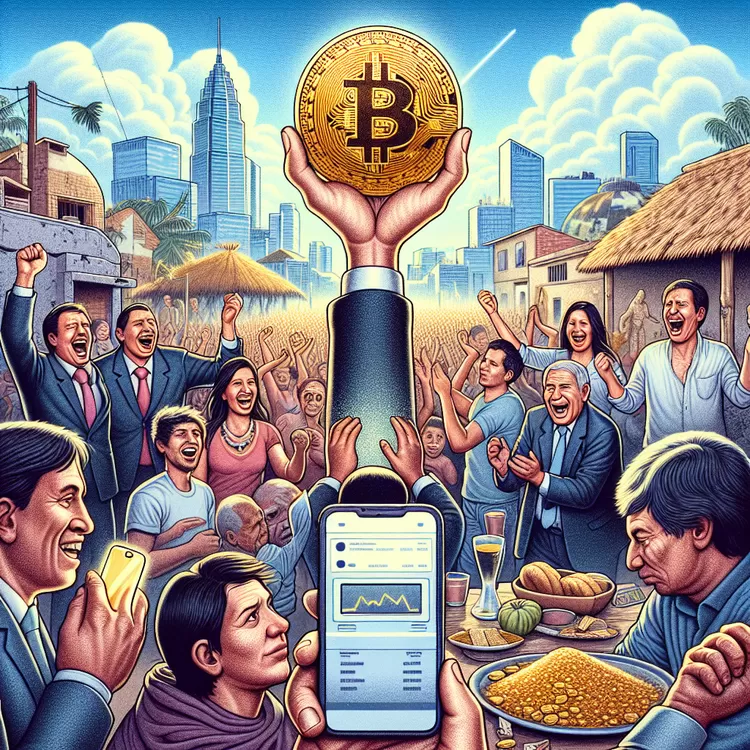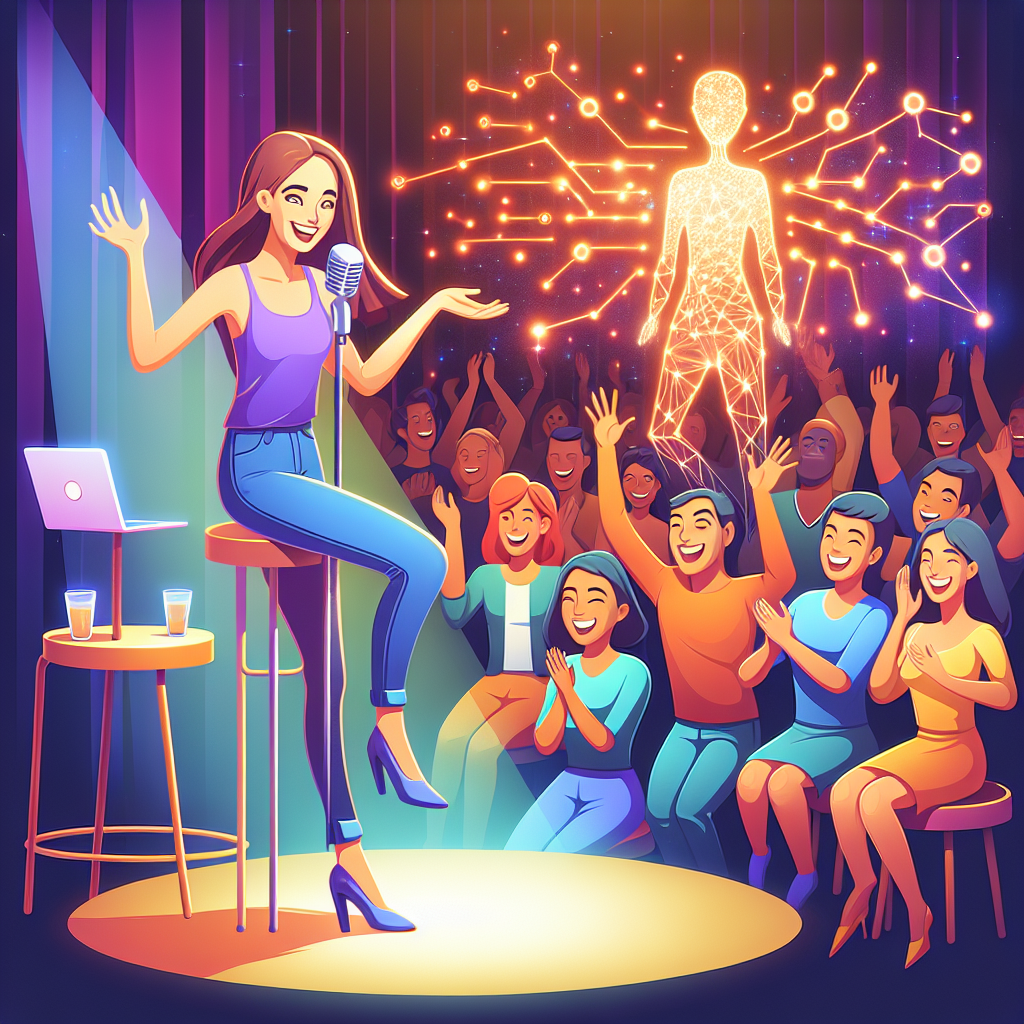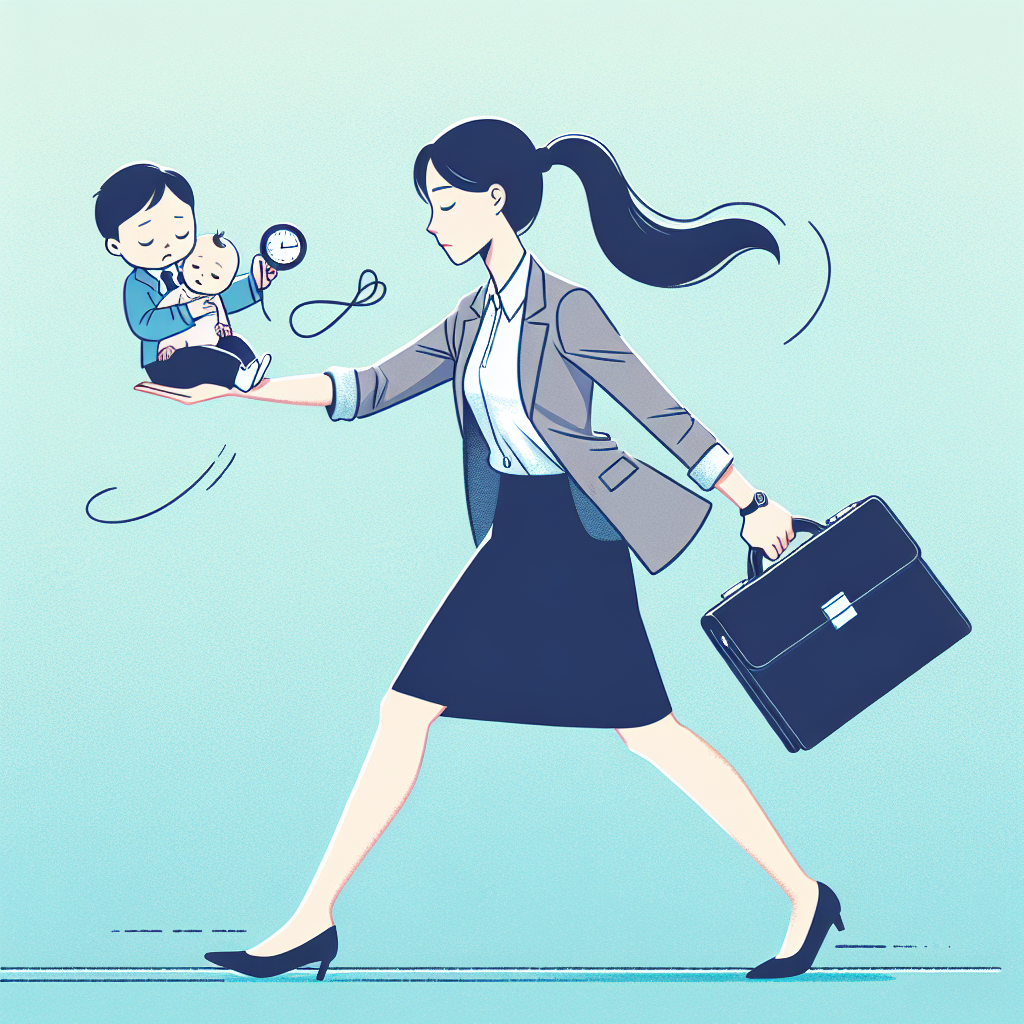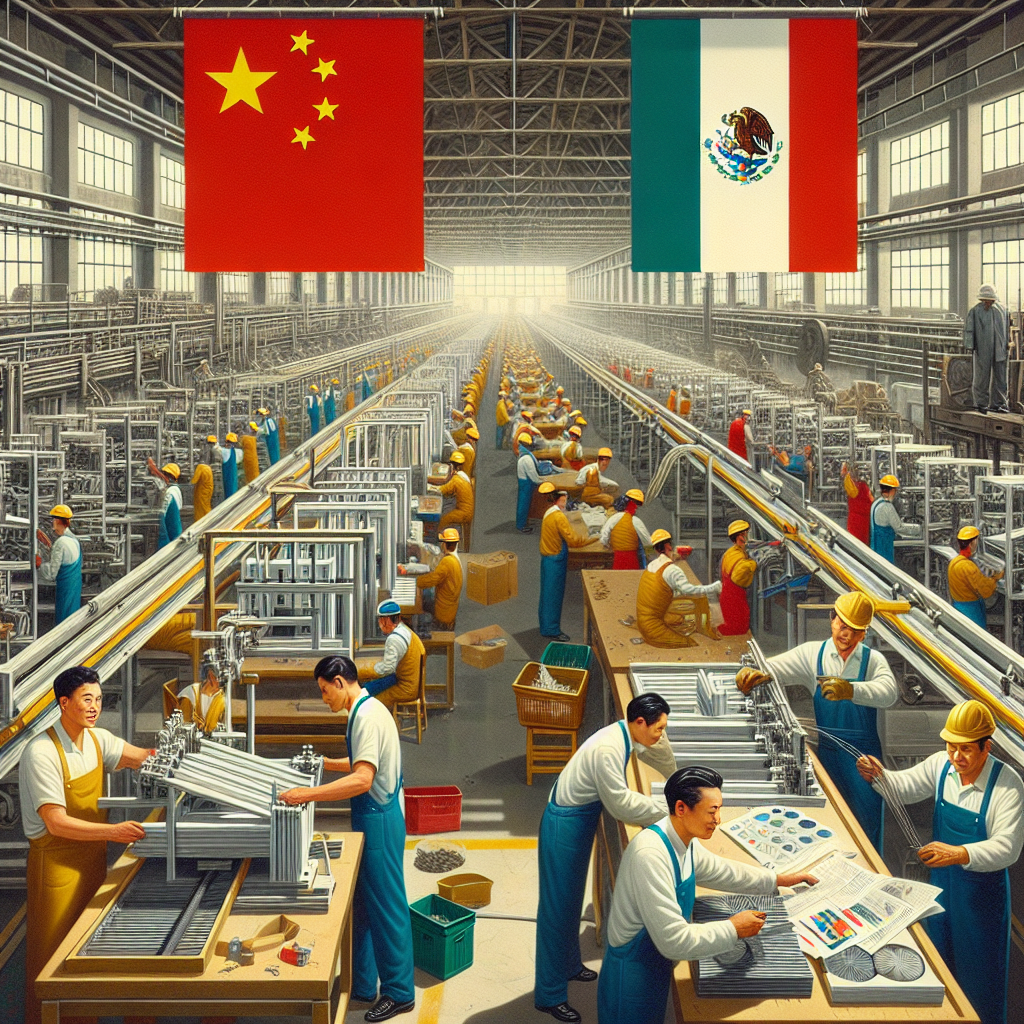The growth of artificial intelligence (AI) in the gaming world is making many game developers feel uneasy. Jess Hyland, a video game artist with almost 15 years of experience, shares her worries about the current state of the industry. Even though there were more players and profits during the pandemic, many people lost their jobs, and several successful game studios shut down. As the industry faces these tough times, there is a rising fear of more layoffs and studio closures, which adds to the stress for game developers.
Some leaders in the gaming industry are excited about how generative AI could boost creativity and make development easier. Companies like Nvidia are showing off AI tools that claim to save time and improve player experiences. However, Jess believes that the excitement for AI mostly comes from people who don’t work in creative roles. This leads to worries that employers might see AI as a way to cut costs by reducing the number of workers. Reports of job losses, especially in entry-level positions like concept art, only add to these concerns.
The worries about AI also touch on what creative work really means. Jess mentions that instead of artists making original content, they might end up just tweaking what AI creates. This change raises important questions about the value of human creativity in a field that relies on teamwork among artists. There’s a fear that AI could lessen the importance of artists, musicians, and writers, turning their work into simple fixes for AI mistakes.
Another big issue is copyright infringement related to AI in gaming. Generative AI tools often learn from a lot of data found online, which can lead to accusations of stealing ideas. While some studios are trying to create ethical AI systems that use their own data, there’s still concern that the push for more content will put extra pressure on workers. Jess highlights that the demand for more games could overshadow the artistic quality of the games being made. Despite these challenges, some people in the industry, like composer Borislav Slavov, see AI as a way to improve the creative process in music, although he knows that AI can’t replace the unique human touch in art.
Original news source: How AI is fuelling uncertainty for game developers (BBC)
🎧 Listen:
Slow
Normal
Fast
📖 Vocabulary:
| 1 | artificial | Made by humans, not natural |
| 2 | pandemic | A widespread outbreak of a disease |
| 3 | layoffs | When workers are let go from their jobs |
| 4 | generative | Able to produce or create something new |
| 5 | concept | An idea or plan |
| 6 | tweaking | Making small changes to improve something |
| 7 | infringement | Breaking a law or rule |
| 8 | accusations | Claims that someone has done something wrong |
| 9 | ethical | Following moral principles |
| 10 | overshadow | To make something seem less important |
| 11 | composer | A person who writes music |
| 12 | unique | Being one of a kind |
| 13 | industry | A group of businesses that produce similar products or services |
| 14 | copyright | Legal protection for original works |
| 15 | pressure | The feeling of being forced to do something quickly or urgently |
Group or Classroom Activities
Warm-up Activities:
– CHARADES
Instructions: Divide the class into small groups. Each group will take turns acting out words or phrases related to the article (e.g., “artificial intelligence,” “game developer,” “creativity,” “job loss”). The other groups will try to guess what they are acting out. This will help students familiarize themselves with the vocabulary in a fun way.
– OPINION POLL
Instructions: Prepare statements related to the article (e.g., “AI will improve the gaming industry,” “AI threatens job security for artists”). Students will walk around the room and ask their classmates to agree or disagree with each statement. Afterward, discuss the results as a class, allowing students to share their thoughts and reasoning.
– MIND MAP
Instructions: In small groups, students will create a mind map on a large piece of paper that relates to the key themes of the article (e.g., AI in gaming, creativity, job loss, copyright issues). They should connect ideas and add keywords related to each theme. After 10 minutes, groups will present their mind maps to the class.
– FUTURE PREDICTIONS
Instructions: Ask students to write down their predictions about the future of AI in the gaming industry based on the article. They should consider both positive and negative outcomes. After writing, students will share their predictions in pairs, discussing what they think might happen in the next 5-10 years.
– HEADLINE CREATION
Instructions: Students will work in pairs to create catchy headlines for the article that reflect its main ideas and themes. After they come up with their headlines, each pair will share their headline with the class, and the class can vote on the most interesting or creative one.
🤔 Comprehension Questions:
1. What concerns does Jess Hyland have about the impact of AI on the gaming industry?
2. How did the pandemic affect the number of players and profits in the gaming world?
3. Why do some leaders in the gaming industry feel excited about generative AI?
4. What does Jess believe about the people who are most enthusiastic about AI in gaming?
5. How might the use of AI change the role of artists in game development, according to Jess?
6. What issue does Jess raise about copyright infringement related to AI tools in gaming?
7. How do some studios attempt to address the concerns about ethical AI systems?
8. What is Borislav Slavov’s perspective on the role of AI in the creative process of music?
Go to answers ⇩
🎧✍️ Listen and Fill in the Gaps:
The growth of artificial (1)______ (AI) in the gaming world is making many game (2)______ feel uneasy. Jess Hyland, a video game artist with almost 15 (3)______ of experience, shares her worries about the current state of the industry. Even though there were more (4)______ and profits during the pandemic, many people lost their jobs, and several successful game studios shut down. As the industry faces these tough times, there is a rising fear of more layoffs and studio closures, which adds to the stress for game developers.
Some leaders in the gaming industry are excited about how generative AI could boost creativity and make development easier. (5)______ like Nvidia are (6)______ off AI tools that claim to save time and improve player experiences. However, Jess believes that the (7)______ for AI mostly comes from people who don’t work in creative roles. This leads to worries that (8)______ might see AI as a way to cut costs by reducing the number of workers. Reports of job losses, especially in entry-level positions like concept art, only add to these concerns.
The worries about AI also touch on what (9)______ work really means. Jess mentions that instead of artists making (10)______ content, they might end up just tweaking what AI creates. This change raises important questions about the (11)______ of human creativity in a field that relies on teamwork among artists. There’s a fear that AI could lessen the importance of artists, musicians, and writers, turning their work into simple fixes for AI (12)______.
Another big issue is copyright infringement related to AI in gaming. Generative AI tools often learn from a lot of data found online, which can lead to (13)______ of stealing ideas. While some studios are trying to create (14)______ AI systems that use their own data, there’s still concern that the push for more (15)______ will put extra pressure on workers. Jess highlights that the (16)______ for more games could overshadow the artistic quality of the games being made. Despite these challenges, some people in the industry, like composer Borislav Slavov, see AI as a way to improve the creative process in music, although he knows that AI can’t replace the unique human touch in art.
Go to answers ⇩
💬 Discussion Questions:
Students can ask a partner these questions, or discuss them as a group.
1. What is your opinion on the rise of artificial intelligence in creative industries like gaming?
2. How would you feel if AI took over jobs that people currently do in the gaming industry?
3. Do you think AI can truly replace human creativity in art and music? Why or why not?
4. What is a job that you believe is safe from being replaced by AI?
5. Have you ever played a video game that you thought was created with AI? What did you think of it?
6. How would you feel if you had to rely on AI to create your own art or music?
7. Do you like the idea of using AI to help make video games? Why or why not?
8. What is a creative project you would want to work on without the help of AI?
9. Do you think the benefits of AI in gaming outweigh the risks? Why or why not?
10. How would you react if a game you loved was made mostly by AI instead of human developers?
11. What is your experience with video games that have a strong artistic style? How do you think AI affects that?
12. Do you think it’s fair for artists to worry about AI taking their jobs? Why or why not?
13. How would you feel if your favorite game studio closed down because they couldn’t compete with AI?
14. What is a way you think AI could positively impact the gaming industry?
15. Do you think there should be rules about how AI can be used in gaming? Why or why not?
Individual Activities
📖💭 Vocabulary Meanings:
Match each word to its meaning.
Words:
1. artificial
2. pandemic
3. layoffs
4. generative
5. concept
6. tweaking
7. infringement
8. accusations
9. ethical
10. overshadow
11. composer
12. unique
13. industry
14. copyright
15. pressure
Meanings:
(A) When workers are let go from their jobs
(B) Made by humans, not natural
(C) Claims that someone has done something wrong
(D) The feeling of being forced to do something quickly or urgently
(E) A person who writes music
(F) A widespread outbreak of a disease
(G) Legal protection for original works
(H) Making small changes to improve something
(I) To make something seem less important
(J) An idea or plan
(K) Able to produce or create something new
(L) Breaking a law or rule
(M) A group of businesses that produce similar products or services
(N) Following moral principles
(O) Being one of a kind
Go to answers ⇩
🔡 Multiple Choice Questions:
1. What is Jess Hyland’s profession?
(a) Video game artist
(b) Game developer
(c) Music composer
(d) AI programmer
2. What has increased during the pandemic in the gaming industry?
(a) Job security
(b) Studio openings
(c) Players and profits
(d) Game quality
3. What do some leaders in the gaming industry believe generative AI can do?
(a) Replace all human workers
(b) Eliminate the need for teamwork
(c) Boost creativity and make development easier
(d) Increase job opportunities
4. What is Jess’s concern about the future of creative work in gaming?
(a) There will be too many original ideas
(b) AI will create better games than humans
(c) All artists will lose their jobs
(d) Artists may only tweak AI-generated content
5. What issue does Jess mention regarding copyright in relation to AI?
(a) Accusations of stealing ideas
(b) AI creating unique content
(c) Increased protection for artists
(d) More original games being produced
6. What do some studios aim to create concerning AI systems?
(a) AI that can replace human artists
(b) Ethical AI systems using their own data
(c) AI that doesn’t need any data
(d) AI that only focuses on music
7. How does Jess feel about the demand for more games?
(a) It will improve game quality
(b) It will create more jobs for artists
(c) It has no impact on creativity
(d) It could overshadow artistic quality
8. What does composer Borislav Slavov believe about AI in music?
(a) AI will completely take over music composition
(b) AI can improve the creative process but can’t replace human touch
(c) AI is not useful in the music industry
(d) AI can create perfect music without any human input
Go to answers ⇩
🕵️ True or False Questions:
1. Some leaders in the gaming sector are pessimistic that generative AI can enhance creativity and streamline the development process.
2. There is a growing fear among game developers that more layoffs and studio closures could happen in the near future.
3. Jess does not believe that the enthusiasm for AI mainly comes from people who are not involved in creative roles within the industry.
4. The pandemic did not lead to an increase in players and profits for the gaming industry, but it also caused job losses and the shutdown of several successful game studios.
5. Concerns about AI include the potential reduction of the role of artists, musicians, and writers, as they may end up modifying AI-generated content instead of creating original work.
6. There are no concerns about copyright infringement because generative AI tools often learn from data found online, which can lead to accusations of stealing ideas.
7. Jess Hyland, a video game artist with nearly 15 years of experience, expresses her concerns about the industry’s future.
8. Many game developers are feeling anxious about the rise of artificial intelligence in the gaming industry.
Go to answers ⇩
📝 Write a Summary:
Write a summary of this news article in two sentences.
Check your writing now with the best free AI for English writing!
Writing Questions:
Answer the following questions. Write as much as you can for each answer.
Check your answers with our free English writing assistant!
1. What are some of the main concerns that Jess Hyland has about the impact of AI on game developers?
2. How do some leaders in the gaming industry view the role of AI in game development?
3. What does Jess mean when she says that artists might end up just tweaking what AI creates?
4. Why is copyright infringement a problem when using generative AI in gaming?
5. How does composer Borislav Slavov feel about the use of AI in music, and what does he believe it can’t replace?
✅ Answers
🤔✅ Comprehension Question Answers:
1. What concerns does Jess Hyland have about the impact of AI on the gaming industry?
Jess Hyland is worried that AI might lead to job cuts and less importance for creative roles like artists, musicians, and writers. She fears that instead of creating original content, artists may only be making small changes to what AI produces.
2. How did the pandemic affect the number of players and profits in the gaming world?
During the pandemic, there were more players and higher profits in the gaming world, but many people still lost their jobs, and some successful game studios shut down.
3. Why do some leaders in the gaming industry feel excited about generative AI?
Some leaders believe that generative AI can boost creativity and make game development easier, potentially saving time and improving player experiences.
4. What does Jess believe about the people who are most enthusiastic about AI in gaming?
Jess believes that the excitement for AI mainly comes from people who don’t work in creative roles, which makes her worry that employers might use AI to cut costs by reducing their workforce.
5. How might the use of AI change the role of artists in game development, according to Jess?
According to Jess, the use of AI might change artists’ roles from creating original content to just tweaking or fixing what AI has generated, which could reduce the importance of their creative contributions.
6. What issue does Jess raise about copyright infringement related to AI tools in gaming?
Jess raises concerns that generative AI tools often learn from data found online, which can lead to accusations of stealing ideas and copyright infringement.
7. How do some studios attempt to address the concerns about ethical AI systems?
Some studios are trying to create ethical AI systems by using their own data instead of relying on data from the internet to avoid copyright issues.
8. What is Borislav Slavov’s perspective on the role of AI in the creative process of music?
Borislav Slavov sees AI as a way to improve the creative process in music, but he acknowledges that AI cannot replace the unique human touch that artists bring to their work.
Go back to questions ⇧
🎧✍️✅ Listen and Fill in the Gaps Answers:
(1) intelligence
(2) developers
(3) years
(4) players
(5) Companies
(6) showing
(7) excitement
(8) employers
(9) creative
(10) original
(11) value
(12) mistakes
(13) accusations
(14) ethical
(15) content
(16) demand
Go back to questions ⇧
📖💭✅ Vocabulary Meanings Answers:
1. artificial
Answer: (B) Made by humans, not natural
2. pandemic
Answer: (F) A widespread outbreak of a disease
3. layoffs
Answer: (A) When workers are let go from their jobs
4. generative
Answer: (K) Able to produce or create something new
5. concept
Answer: (J) An idea or plan
6. tweaking
Answer: (H) Making small changes to improve something
7. infringement
Answer: (L) Breaking a law or rule
8. accusations
Answer: (C) Claims that someone has done something wrong
9. ethical
Answer: (N) Following moral principles
10. overshadow
Answer: (I) To make something seem less important
11. composer
Answer: (E) A person who writes music
12. unique
Answer: (O) Being one of a kind
13. industry
Answer: (M) A group of businesses that produce similar products or services
14. copyright
Answer: (G) Legal protection for original works
15. pressure
Answer: (D) The feeling of being forced to do something quickly or urgently
Go back to questions ⇧
🔡✅ Multiple Choice Answers:
1. What is Jess Hyland’s profession?
Answer: (a) Video game artist
2. What has increased during the pandemic in the gaming industry?
Answer: (c) Players and profits
3. What do some leaders in the gaming industry believe generative AI can do?
Answer: (c) Boost creativity and make development easier
4. What is Jess’s concern about the future of creative work in gaming?
Answer: (d) Artists may only tweak AI-generated content
5. What issue does Jess mention regarding copyright in relation to AI?
Answer: (a) Accusations of stealing ideas
6. What do some studios aim to create concerning AI systems?
Answer: (b) Ethical AI systems using their own data
7. How does Jess feel about the demand for more games?
Answer: (d) It could overshadow artistic quality
8. What does composer Borislav Slavov believe about AI in music?
Answer: (b) AI can improve the creative process but can’t replace human touch
Go back to questions ⇧
🕵️✅ True or False Answers:
1. Some leaders in the gaming sector are pessimistic that generative AI can enhance creativity and streamline the development process. (Answer: False)
2. There is a growing fear among game developers that more layoffs and studio closures could happen in the near future. (Answer: True)
3. Jess does not believe that the enthusiasm for AI mainly comes from people who are not involved in creative roles within the industry. (Answer: False)
4. The pandemic did not lead to an increase in players and profits for the gaming industry, but it also caused job losses and the shutdown of several successful game studios. (Answer: False)
5. Concerns about AI include the potential reduction of the role of artists, musicians, and writers, as they may end up modifying AI-generated content instead of creating original work. (Answer: True)
6. There are no concerns about copyright infringement because generative AI tools often learn from data found online, which can lead to accusations of stealing ideas. (Answer: False)
7. Jess Hyland, a video game artist with nearly 15 years of experience, expresses her concerns about the industry’s future. (Answer: True)
8. Many game developers are feeling anxious about the rise of artificial intelligence in the gaming industry. (Answer: True)
Go back to questions ⇧



